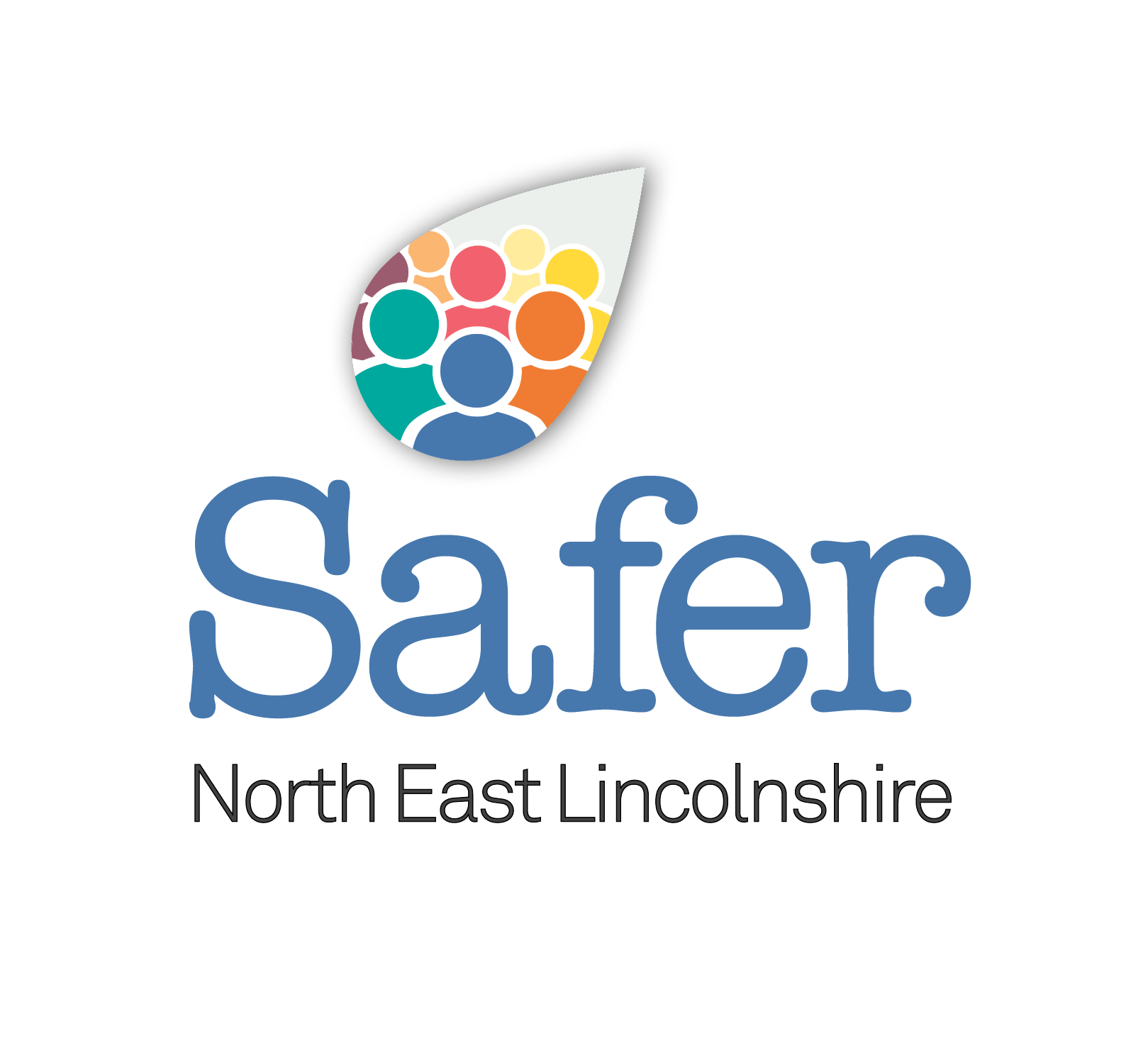Key principles of adult safeguarding
There are six key national principles which underpin all Adult Safeguarding work – these being:
- Empowerment – People being supported and encouraged to make their own decisions and be able to give informed consent. i.e. “Individuals are asked what they want as the outcomes from the Safeguarding process and these directly inform what happens.”
- Prevention of harm and abuse – in that it is better to take action before harm occurs. i.e. “Individuals receive clear and simple information about what abuse is, how to recognise the signs and what they themselves can do to seek help.”
- Proportionality – The least intrusive response is made dependent upon but appropriate to the risk presented. i.e. Individuals are sure that the professionals will work in their best interest, and they will only see them and only get involved as much as is needed.”
- Protection – Support and representation for those in greatest need. i.e. Individuals get help and support to report abuse and neglect. They get help so that they are enabled to take part in the Safeguarding process to the extent to which they want to take part.”
- Partnership – Local solutions through services working with their communities. i.e “Communities have a part to play in preventing, detecting and reporting neglect and abuse. Individuals know that staff treat any personal and sensitive information in confidence, only sharing what is helpful and necessary. Individuals are confident that professionals will work together and with them to get the best result for them.”
- Accountability – Accountability and transparency in delivering Safeguarding. i.e “Individuals understand the role of everyone involved in their lives and so do those involved.”
These procedures provide guidance to all NEL SAB partner members on the requirements set out in sections 42 to 46 of the Care Act 2014. These procedures replace existing policies and procedures published in 2012 and are based on the Care Act Statutory Guidance , (Chapter 14,) issued by the Department of Health during 2014
